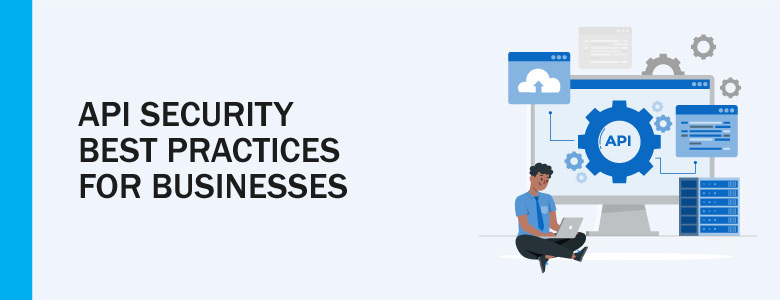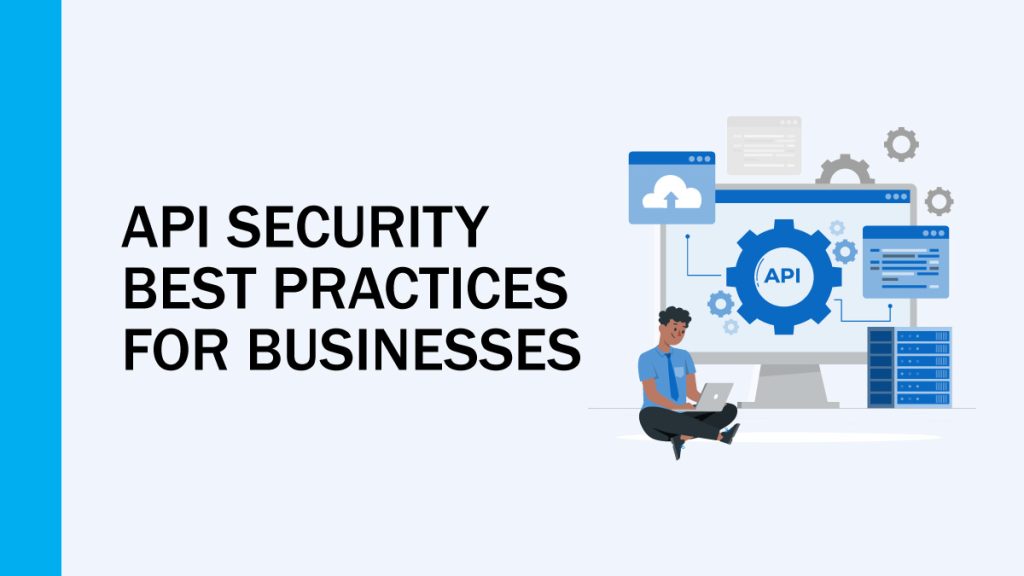
APIs are now a fundamental part of how businesses operate. But as their use grows, so do the risks of security breaches. Protecting APIs is no longer a choice—it’s a must. This guide will walk through key practices that can help businesses, particularly in the Philippines, keep their APIs safe from threats and meet regulatory requirements.
Understanding API Security and Key Best Practices
API security is all about protecting APIs from attacks and data leaks. APIs act as gateways to a business’s internal systems, so securing them ensures that the data exchanged between applications stays safe, accessible, and private. In the Philippines, where many companies are adopting digital platforms quickly, understanding API security is essential for avoiding cyberattacks and maintaining customer trust.
Common API Security Challenges
Many businesses face challenges when it comes to securing their APIs:
- DDoS Attacks: These occur when an API is flooded with too many requests, causing it to crash.
- Injection Attacks: Hackers exploit weak input validation to insert harmful code.
- Data Leaks: Poorly configured or exposed APIs can accidentally share sensitive data.
Best Practices for Securing APIs
To protect against API vulnerabilities, businesses should follow these best practices:
- Authentication and Authorization: Use strong authentication methods like OAuth 2.0 or JWT tokens to verify users. Role-based access control (RBAC) ensures that only the right people can access specific API functions, keeping sensitive areas protected.
- Rate Limiting and Throttling: Set limits on how many requests can be made to your API within a certain timeframe. This helps prevent malicious actors from overwhelming the system and reduces the risk of DDoS attacks.
- Data Encryption: Make sure that all data passed through your API is encrypted using SSL/TLS protocols. This ensures that even if data is intercepted, it can’t be read. Also, encrypt sensitive data at rest to keep it safe from breaches.
Securing API Traffic and Data
Input Validation and Data Sanitization
One of the easiest ways hackers can attack APIs is through malicious input. Without proper checks, harmful data can sneak into your system. To prevent this:
- Sanitize Inputs: Always validate and clean up inputs before processing them. Make sure they follow the expected format and block any invalid input.
- Prevent SQL Injection Attacks: Use parameterized queries to protect your databases from SQL injections, a common type of attack.
API Monitoring, Logging, and Security Testing
Keeping an eye on your API’s activity and regularly testing for security issues can help identify problems before they become serious:
- API Monitoring: Monitor your API traffic, track usage patterns, and log every request to catch unusual behavior like repeated failed login attempts or sudden traffic surges.
- Regular Security Audits: Perform regular tests, such as penetration testing, to uncover any vulnerabilities and address them promptly.
Leveraging API Gateways, Firewalls, and Compliance
API security is all about protecting APIs from attacks and data leaks. APIs act as gateways to a business’s internal systems, so securing them ensures that the data exchanged between applications stays safe, accessible, and private. In the Philippines, where many companies are adopting digital platforms quickly, understanding API security is essential for avoiding cyberattacks and maintaining customer trust.
Role of API Gateways and Firewalls
API gateways and firewalls provide an extra layer of protection:
- API Gateways: These control how users access your API, enforce rate limits, and verify user identities, making sure only valid requests get through. They also act as a central point for managing security rules.
- Web Application Firewalls (WAF): A WAF helps protect your API by screening incoming traffic and filtering out potentially harmful requests, reducing the risk of DDoS or injection attacks.
Compliance with Local Regulations
For businesses in the Philippines, securing APIs also means staying compliant with national laws like the Data Privacy Act of 2012. This law requires companies to protect personal information and report any data breaches. To comply:
- Data Anonymization: Remove or anonymize personal data to stay within privacy guidelines.
- Incident Reporting: Have a plan in place to quickly report any data breaches as required by law.
Interested in learning more about API security and other security solutions? Contact us at marketing@ctlink.com.ph to set up a meeting with us today!

